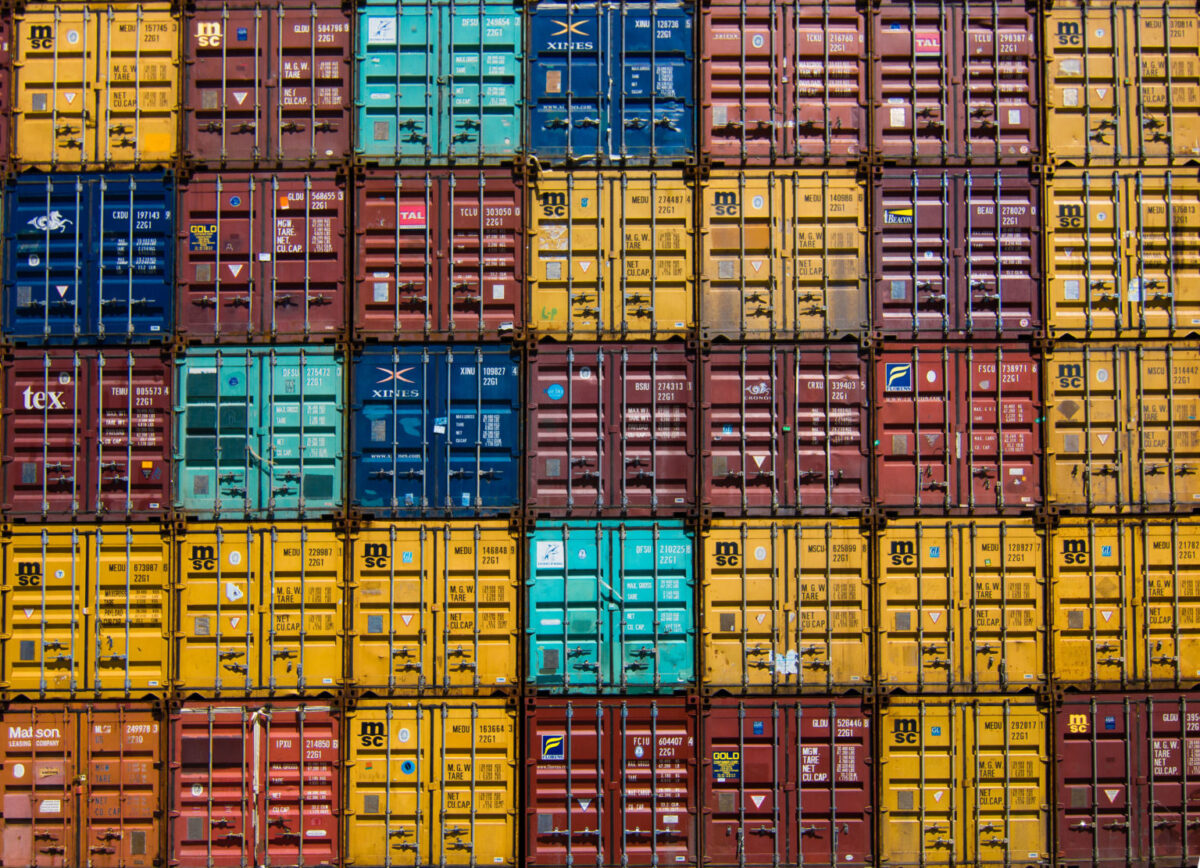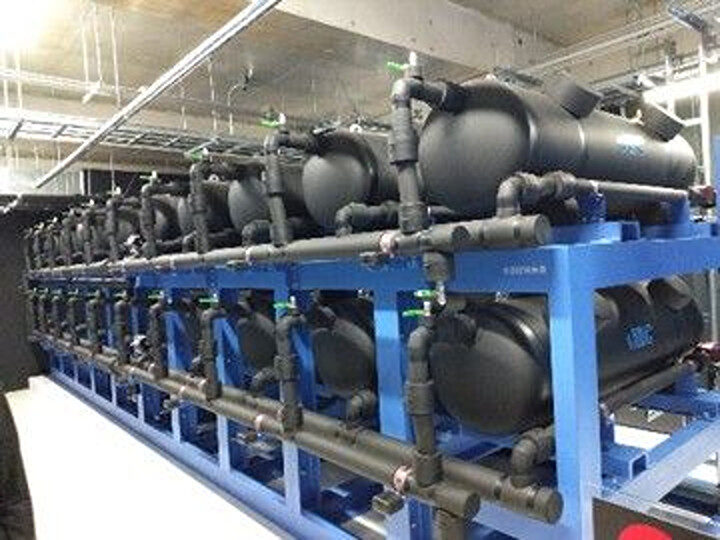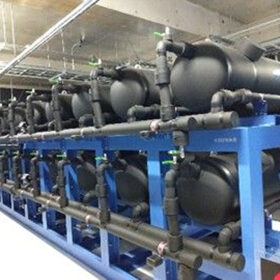From pv magazine USA
The Biden Administration is expected to remove a trade exemption for bifacial solar modules imported to the United States, according to a report from Reuters. Once a niche technology, bifacial solar modules, which generate electricity from light shone on both sides of the panel, now represent about 98% of imports to the U.S., according to a petition signed by several solar manufacturers operating in the U.S.
In November of 2021, the U.S. Court of International Trade re-instated the exemption of bifacial solar modules from the Section 201 tariffs. The Solar Energy Industries Association (SEIA) deemed it a win for the industry as it kept costs for imported modules low. Originally granted in June 2019, the exemption of bifacial modules was revoked by the Trump Administration in October 2020.
Now the bifacial exemption may be revoked once again, this time by the Biden Administration following a petition by QCells, which has a large manufacturing footprint in the United States. Reuters reported that QCells, the solar division of Korean conglomerate Hanwha, sent the formal petition to the U.S. Trade Representative on Feb. 23 requesting the exemption to be revoked.
Last year, QCells announced it would invest more than $2.5 billion to expand its U.S. operations. This investment, considered the largest investment in U.S. solar to date, would make QCells the first company to establish a fully integrated silicon-based solar supply chain in the U.S. In October 2023, the expansion of QCells’ solar module factory in Dalton, Georgia was complete, having added 2 GW of solar capacity, bringing the factory’s output to more than 5.1 GW.
According to an industry note from Roth Capital Partners, the bifacial exemption is likely to be revoked in May and go into effect in June. This would be an incremental positive for U.S. module manufacturer First Solar’s stock, which is trading higher during the time of this report.
First Solar and other manufacturers with a U.S. footprint may benefit from a potential new round of antidumping and countervailing duty (AD/CVD) tariffs, which Roth said could be filed as soon as April 25.
AD/CVD laws assess tariffs on goods that are found to be dodging import duties by dumping products in other countries before shipping them to the U.S. In the previous AD/CVD proceeding, four Southeastern Asian countries, Vietnam, Cambodia, Thailand and Malaysia, which were responsible for roughly 80% of the U.S. supply of solar components, were alleged as potentially harboring dumped products from China. Roth said that modules shipped from India may be included in the new AD/CVD round.
On a webinar held by Roth, Clean Energy Associates said the U.S. could see utility-scale module pricing to increase to about $0.40 to $.50 per watt as a result of AD/CVD enforcement. This is significantly higher than prices seen in late 2023, where module pricing dove to a record low of $0.13 per W. Without a new AD/CVD case, U.S. prices for modules shipped from Southeast Asia may be about $0.20 per watt, said CEA.
CEA said that U.S. module transactions have slowed significantly as the industry waits to see what happens with tariffs in late April.
This content is protected by copyright and may not be reused. If you want to cooperate with us and would like to reuse some of our content, please contact: editors@pv-magazine.com.









By submitting this form you agree to pv magazine using your data for the purposes of publishing your comment.
Your personal data will only be disclosed or otherwise transmitted to third parties for the purposes of spam filtering or if this is necessary for technical maintenance of the website. Any other transfer to third parties will not take place unless this is justified on the basis of applicable data protection regulations or if pv magazine is legally obliged to do so.
You may revoke this consent at any time with effect for the future, in which case your personal data will be deleted immediately. Otherwise, your data will be deleted if pv magazine has processed your request or the purpose of data storage is fulfilled.
Further information on data privacy can be found in our Data Protection Policy.